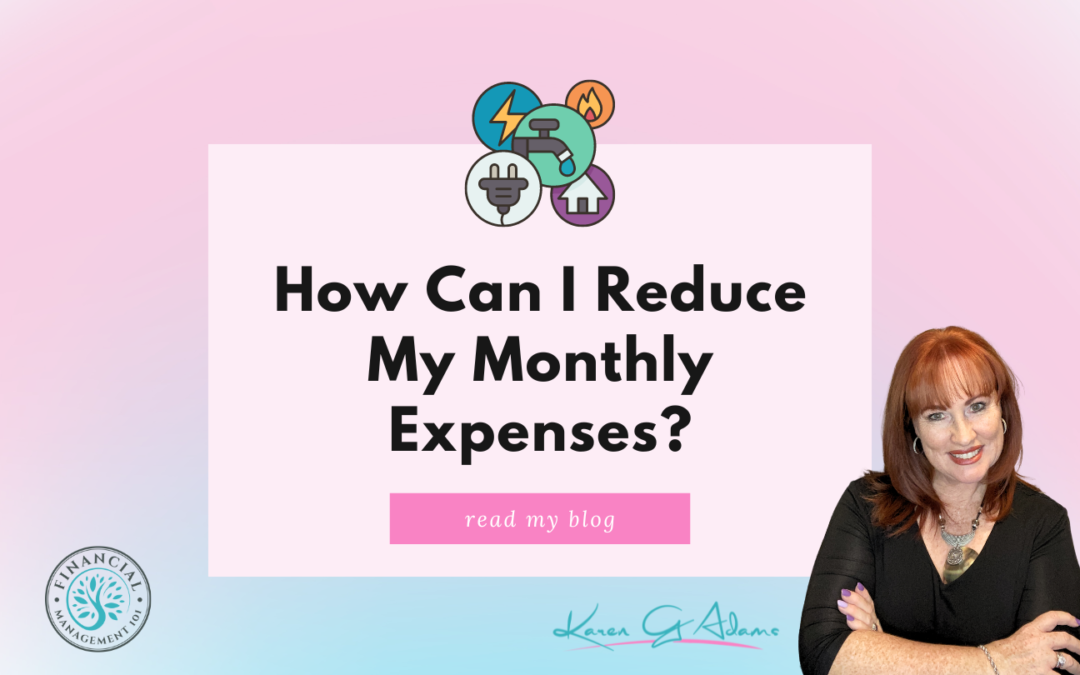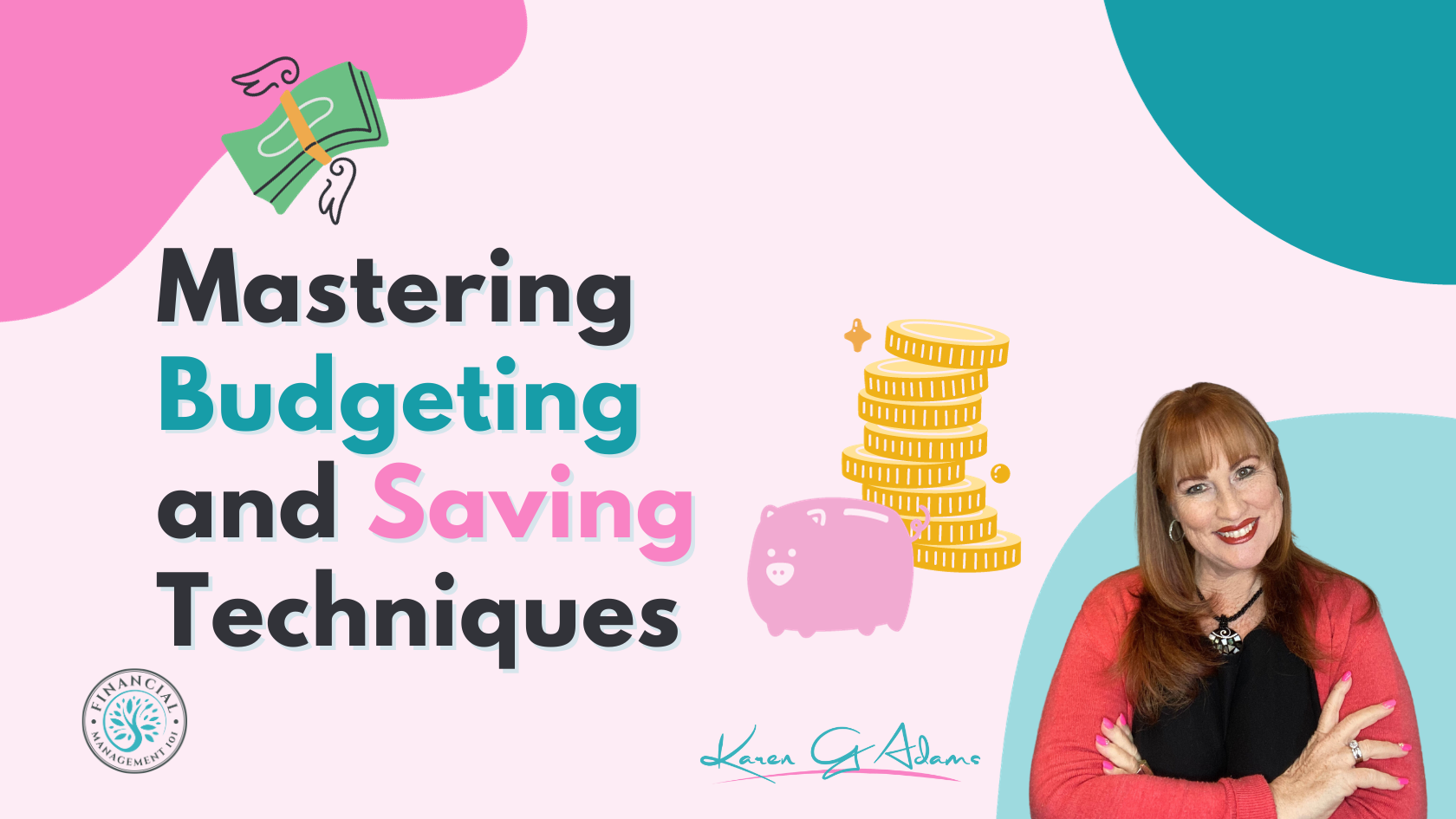Reducing your monthly expenses involves a combination of identifying where you can cut costs and implementing habits that foster financial efficiency. Here are some strategies:
TRACK YOUR SPENDING
Start by tracking all your expenses for a month. This will give you a clear picture of where your money is going.
CREATE A BUDGET
Once you understand your spending patterns, create a budget. Allocate amounts for necessities like rent, groceries, utilities, and savings, and then see how much is left for other expenses.
CUT UNNECESSARY SUBSCRIPTIONS
Cancel any subscriptions you don’t use regularly, like streaming services, magazines, or gym memberships.
REDUCE UTILITY BILLS
Try to lower your electricity, water, and gas usage. This can be done by turning off lights when not in use, fixing leaks, and using energy-efficient appliances.
SAVE ON GROCERIES
Plan your meals, use coupons, buy in bulk, and choose store brands over name brands. Also, avoid eating out frequently.
LIMIT IMPULSE BUYS
Avoid making unplanned purchases. If you see something you want, wait a few days to decide if you really need it.
USE PUBLIC TRANSPORTATION
If possible, use public transportation, carpool, bike, or walk instead of driving. This can save money on gas, parking, and maintenance.
NEGOTIATE BILLS
Call service providers for things like insurance, cell phone, and internet to see if you can get a better rate.
DIY WHEN POSSIBLE
Do tasks yourself instead of paying someone else, like home repairs, car washes, and landscaping.
SHOP SECOND-HAND
Buy used items when possible. This can include clothes, furniture, and electronics.
AUTOMATE SAVINGS
Set up an automatic transfer to your savings account each payday. This ensures you save before you have a chance to spend.
LOOK FOR FREE ENTERTAINMENT
Take advantage of free community events, parks, and libraries for entertainment instead of spending money on outings.
REVIEW INSURANCE POLICIES
Ensure you’re not over-insured and that you’re getting the best rate for your needs.
PAY DOWN HIGH-INTEREST DEBTS
Prioritise paying off high-interest debt, which can be a significant drain on your finances.
BUY IN BULK
For items you use regularly, buying in bulk can offer significant savings.
By implementing these strategies, you can effectively reduce your monthly expenses and improve your overall financial health. Remember, small changes can add up to big savings over time.
Learn the fundamental concepts of how budgeting and saving are important to your financial well-being. Registration is now open for the course: Mastering Budget and Saving Techniques. This is a hands-on course with me guiding you on how to budget, track and look at managing your money like a pro.
ENTER THE CODE WORD: BUDGETING2024 to get $100 off this course.




